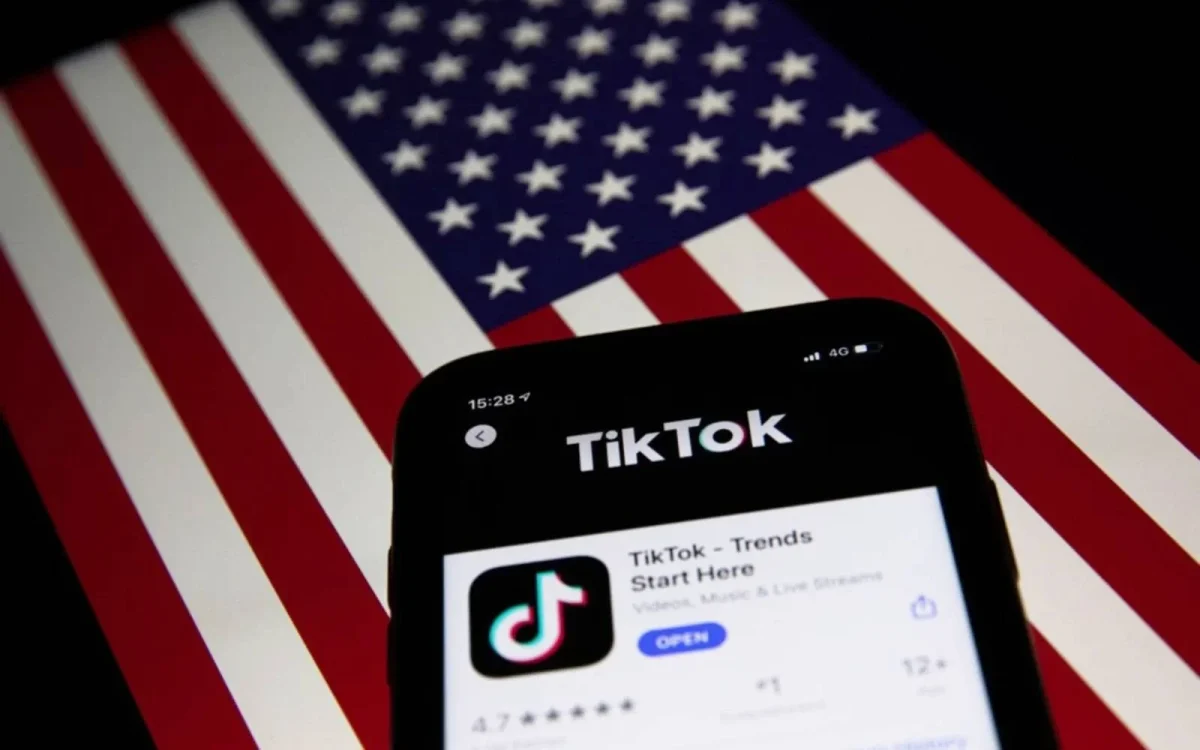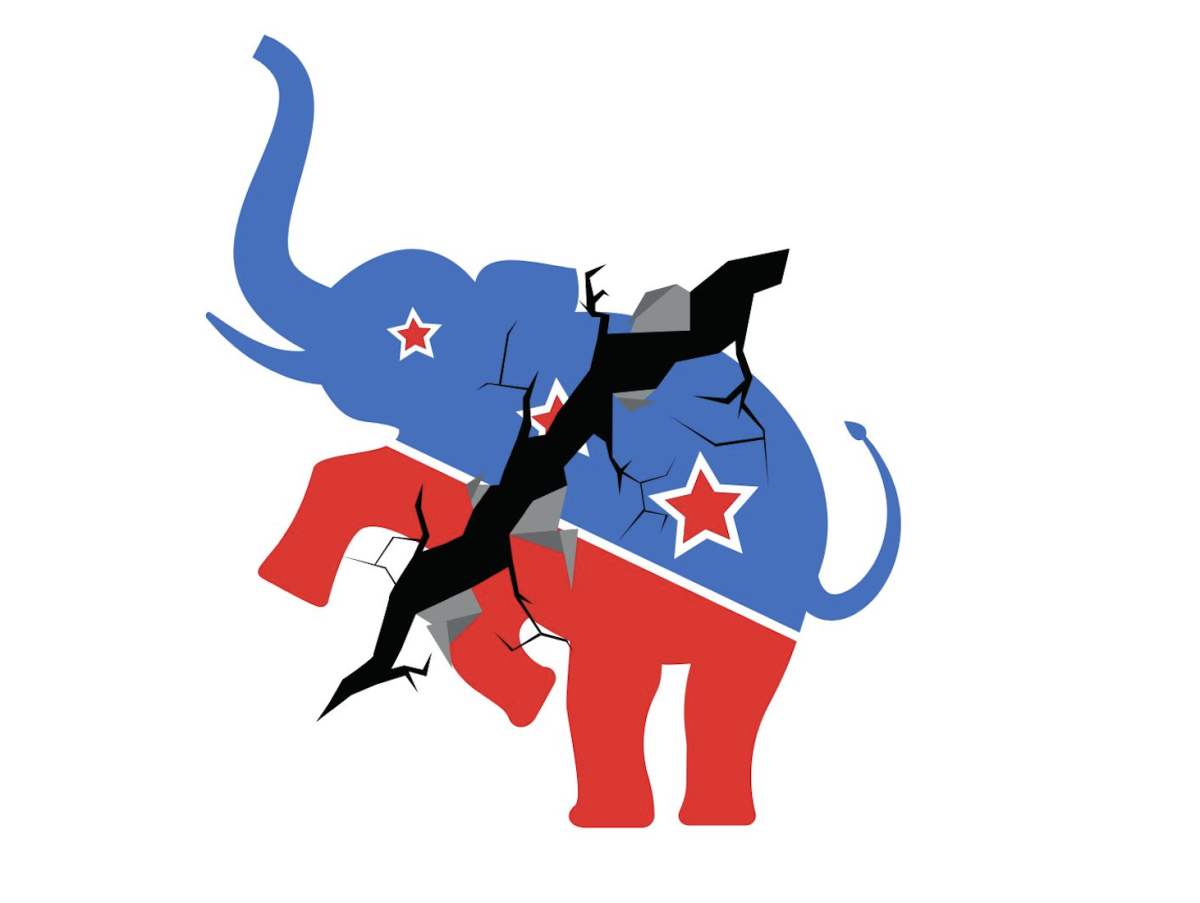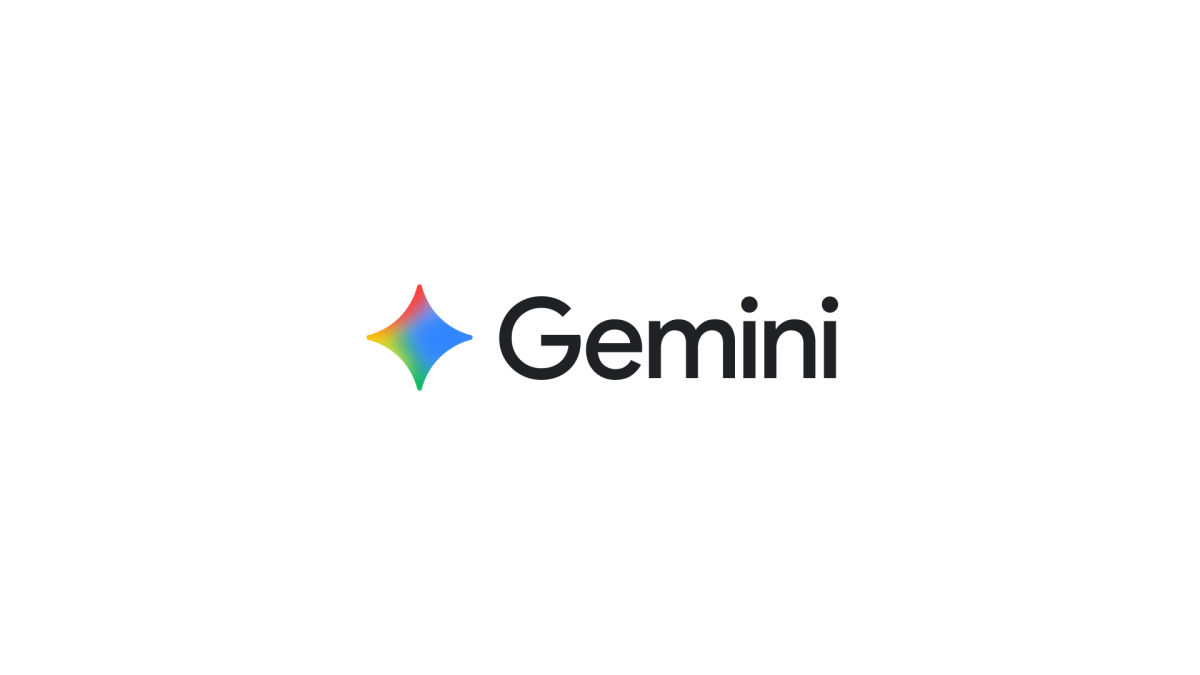In recent months, TikTok, beloved by more than 170 million Americans, has found itself at the heart of a political storm. With over 100 million active users in the United States alone, the app has become a cultural phenomenon, influencing trends, encouraging creativity, driving activism and reminding us of the power of individual expression. However, TikTok’s rise to fame has not come without a cost.
At the epicenter of this political storm lies ByteDance, TikTok’s parent company, which is Chinese-owned, resulting in several red flags appearing among politicians in Washington. Those in support of the ban claim that TikTok gathers massive amounts of user data and information which the Chinese government could use to develop and promote propaganda or, as Supreme Court Justice Brett Kavanaugh claims, “develop spies, turn people, blackmail people.” The repeated claims that TikTok is a risk to national security have resulted in numerous congressional hearings and the implementation of legislation protecting Americans from internationally owned–more specifically, Chinese-owned–apps and platforms.
In response to these accusations, TikTok has begun to align itself with conservative powers, raising questions about the app’s ethical sustainability. An app once celebrated by its users for promoting diverse thinking and independent voices is now at risk of becoming another platform shaped merely by the very political powers that ensured it could withstand the political storm. What was once the epicenter of nuanced and individual thought now teeters on becoming a tool that merely spews out content driven by the same entities that shielded it from a looming ban. TikTok, once celebrated for its creativity and diversity, now faces the prospect of transforming into a platform prioritizing conformity—reduced to a robotic echo of the powers that ensured its survival in the U.S.
The national security argument feels like quite a convenient disguise, especially considering that no lawmakers have presented any concrete or compelling evidence that TikTok or its parent company pose any risk beyond simply gathering data in the same ways that Facebook and Google do. Deep diving below the surface reveals a crackdown by the United States that seems to be a move to re-establish itself as a country with a leading edge in tech. Over the last decade, China has continued expanding its role and share within the tech market, understandably eliciting a response from the United States wrapped in nationalism. This TikTok ban is not about protecting U.S. users–it is simply a modern-day fight for digital advancement and supremacy. It is, in essence, a war to control, influence and generate the algorithms that shape the status of the world.
With the looming possibility of annihilation, Tiktok has shifted to a rather unexpected and potentially controversial alliance, staking itself with conservative power players. This shift is not one of speculation but rather one surrounded by evidence. TikTok has dished out thousands of dollars to sponsor “The Power 30,” an event dedicated to supporting and celebrating conservative influencers. This move underscores the platform’s apparent effort to court the GOP, the group most vocal and instrumental in driving anti-TikTok sentiment and legislation. Even more evident is the invitation from President-elect Donald Trump to TikTok CEO Shou Zi Chew to attend his inauguration this Monday, Jan 20. These moves and alignments are not coincidental; they are incredibly calculated.
The message TikTok is sending is crystal clear: It is willing to compromise its progressive and youthful users to ensure a political lifeline and survival strategy. By aligning itself with Trump and Trump-supporting conservatives, TikTok can play the long game, ultimately solidifying its survival.
This strategy may ensure TikTok’s survival in a Trump-led America; however, it is deeply cynical and disappointing. TikTok has long been a safe place for progressive opinions, from LGBTQ+ activists to political fairness advocates. By aligning with or outwardly supporting rich, conservative elites, TikTok runs the risk of completely alienating the users that made it the cultural phenomenon we know today. It makes one consider: How does an app that encourages and champions free speech reconcile itself while simultaneously aligning with people and ideologies that often seek to suppress and oppress such ways of thinking?
Further, it reinforces the idea that tech companies under scrutiny can merely align with those in power to bypass investigations and second thoughts, begging the question, what happens to responsibility and accountability? TikTok’s actions during this looming ban suggest that the desire to survive and prosper takes priority over principles and morals, an idea that should terrify anyone who values due process and fairness in digital spaces and massive conglomerations.
While TikTok attempts to sway and win over conservatives, there’s no proof that its strategy will result in any kind of success. TikTok’s livelihood and longevity depend on gaining bipartisan support, which will be essentially impossible if it continues to cozy up to only one side. Democrats and Republicans alike have mentioned and stood against data privacy issues and foreign interference, and these opinions won’t disappear simply because TikTok sponsors a party honoring conservative influencers.
If anything, TikTok must consider the lasting consequences if its gamble to align with conservatives doesn’t work. Democrats and progressives may abandon their support for the app in protest of their newly adopted conservative counterparts, and conservatives may continue to see TikTok as an app susceptible to foreign influences. While trying to play both sides, TikTok runs the risk of losing the identity that once made it so attractive and perhaps losing the user base that was driven to it.






